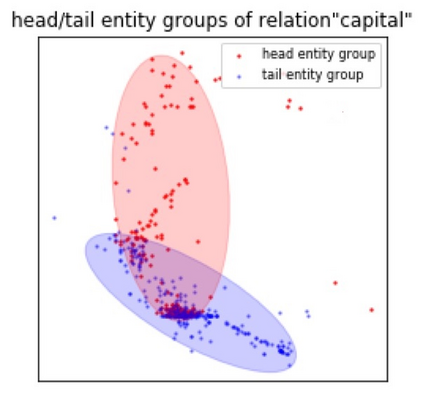Metric distortion in social choice is a framework for assessing how well voting rules minimize social cost when voters and candidates exist in a shared metric space and voters' cost from a candidate is their metric distance. Voters submit rankings, and the rule aggregates these votes into a winner. We generalize this framework to include probabilistic voting to account for the fact that voters, in the real world, have randomness in their voting behaviour. Our extension encompasses a broad range of probability functions, including the widely studied Plackett-Luce (PL) model. We show that the distortion results under probabilistic voting better correspond with conventional intuitions regarding popular voting rules such as \textsc{Plurality}, \textsc{Copeland}, \textsc{Random Dictator} and \textsc{Borda} than those under deterministic voting. For example, in the PL model with candidate strength inversely proportional to the square of their metric distance from a voter, we show that \textsc{Copeland}'s distortion is at most 2, whereas that of \textsc{RandomDictator} is $\Omega(\sqrt{m})$ in large elections, where $m$ is the number of candidates. This contrasts sharply with the classical model, where \textsc{RandomDictator} beats \textsc{Copeland} with a distortion of 3 versus 5. In the PL model where the candidate strength is inversely proportional to the distance raised to power $\theta$, the distortion under \textsc{Borda} is $\Theta(m^{1-2/\theta})$ when $\theta>2$ and $\Theta(1)$ otherwise. This generalizes the classical deterministic voting model where the distortion of \textsc{Borda} is $2m-1$. Overall, our work opens a new frontier for analysing voting rules.
翻译:暂无翻译

























